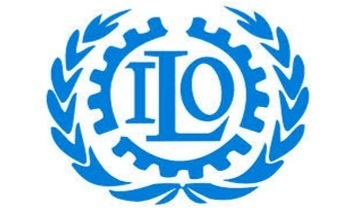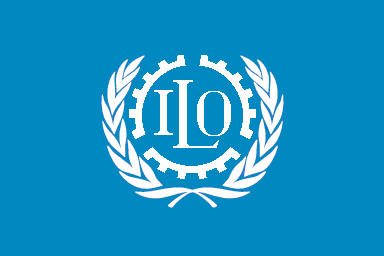
Internships are often seen as a highly effective tool to obtain a professional position. This is particularly true for those wishing to pursue a career in, for example, the humanitarian field.
Internships are typically the exclusive domain of postgraduate students. However, they are now increasingly used as a route to employment by career transitioners or people looking to get a foot into a mostly closed door.
Typically, unpaid internships run for a limited period of anywhere from 3 to 6 months. Some internships can even last up to a year.
Despite having the primary purpose of acquiring knowledge and experience, internships are, for many, out of reach simply due to the fact that many internships are unpaid. Especially in a place like Geneva, how can someone undertake an internship in an expensive city notorious for its high living costs?
When the unpaid internship hits the media
In 2015, David Hyde became a media sensation when he famously pitched his tent on the shores of Lake Geneva in protest of unpaid internships. While he was not actually forced to live in a tent, Hyde’s stunt (amongst other campaigns and initiatives) illustrated the need to do something about what many see as forced labor.
In March 2016, 27 NGOs pledged to pay their interns. The charter recognizes the valuable work that interns provide to international organizations and NGOs. It also sets a minimum stipend of 500 CHF per month for a full time position.
Since it came into existence, a total of 42 NGOs have signed the charter. Strangely enough, the International Labour Organization (ILO) has yet to sign the charter and continues to offer unpaid internships.
While 42 represents only a fraction of the NGOs based in Geneva, it is seen as a major step forward. Unpaid internships have become the norm and have become accepted practice. The “We Pay Our Interns" association wants to change this. As an independent initiative set up in 2016, WPOI aims to support a fair and human rights-compliant approach with interns.
The path to paying interns
Internships are a vital route to professional employment. They provide a springboard into the world of work. However, unpaid internships do not give the interns the financial support they need to get their feet wet in the working world.
Initiatives are now being created to end unpaid internships and encourage NGOs to at least cover at least living expenses. This should help make internships accessible to many who, in the past, would never have been able to consider them.
Source: wepayourinterns.org





It really is a pity. Maybe the unpaid internships are also a way to filter the numerous applications since only a few can apply. That makes it unfair in a whole other level where only students from rich families or with sponsors can apply. So much for diversity!
As someone now working in the sector on the recruiting side, I must say that the question of unpaid internships is a vexing one. On very tight budgets, unpaid interns do often help with getting the task done. But that isn't the point, is it? An internship is first and foremost meant to be a learning experience and, alongside that, a networking opportunity. If it were really so, and if the internships were taken up by, say, students, then the issue might not be so acute. But we know that internships often end up being more of an opportunity for the "employer" than for the intern, who sees her or his learning and networking opportunities severely curtailed. And therefore, Swiss labour law should apply - whereby any work needs to be remunerated.